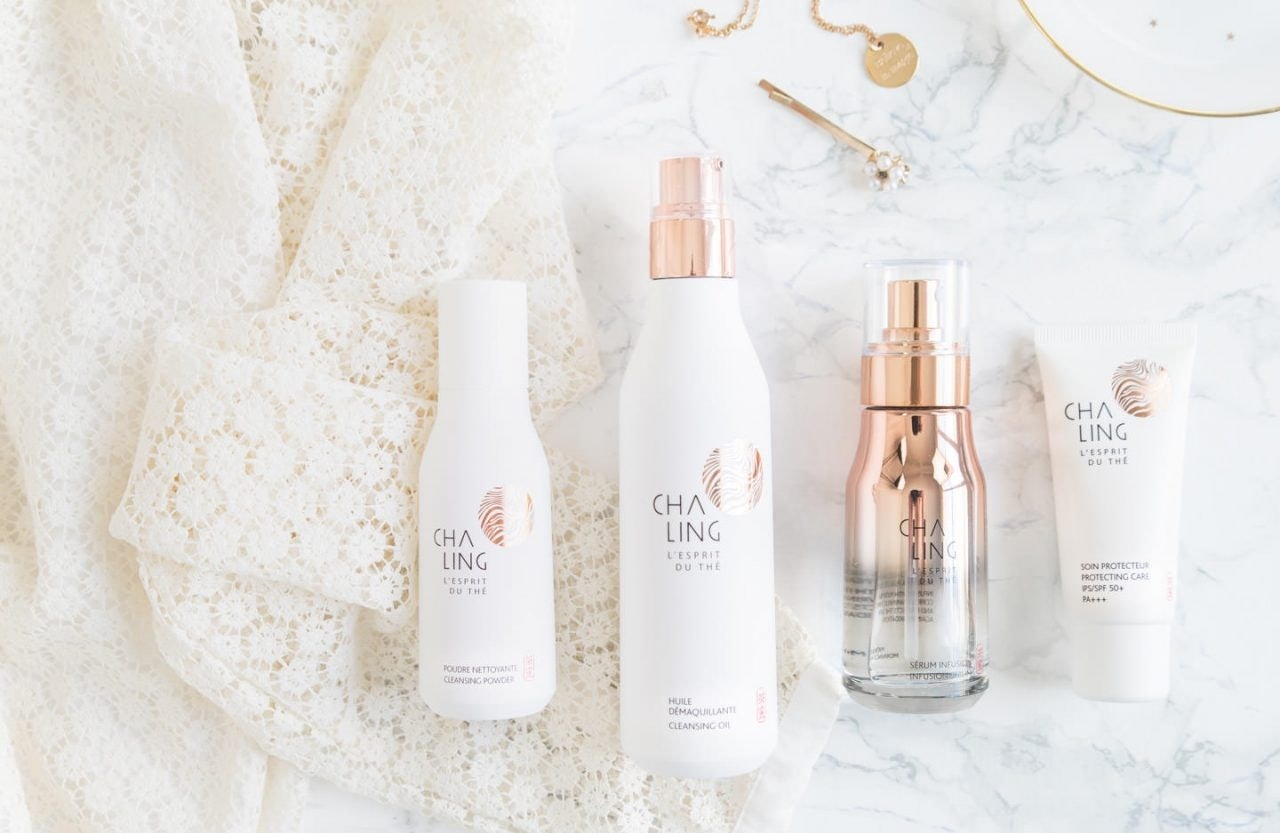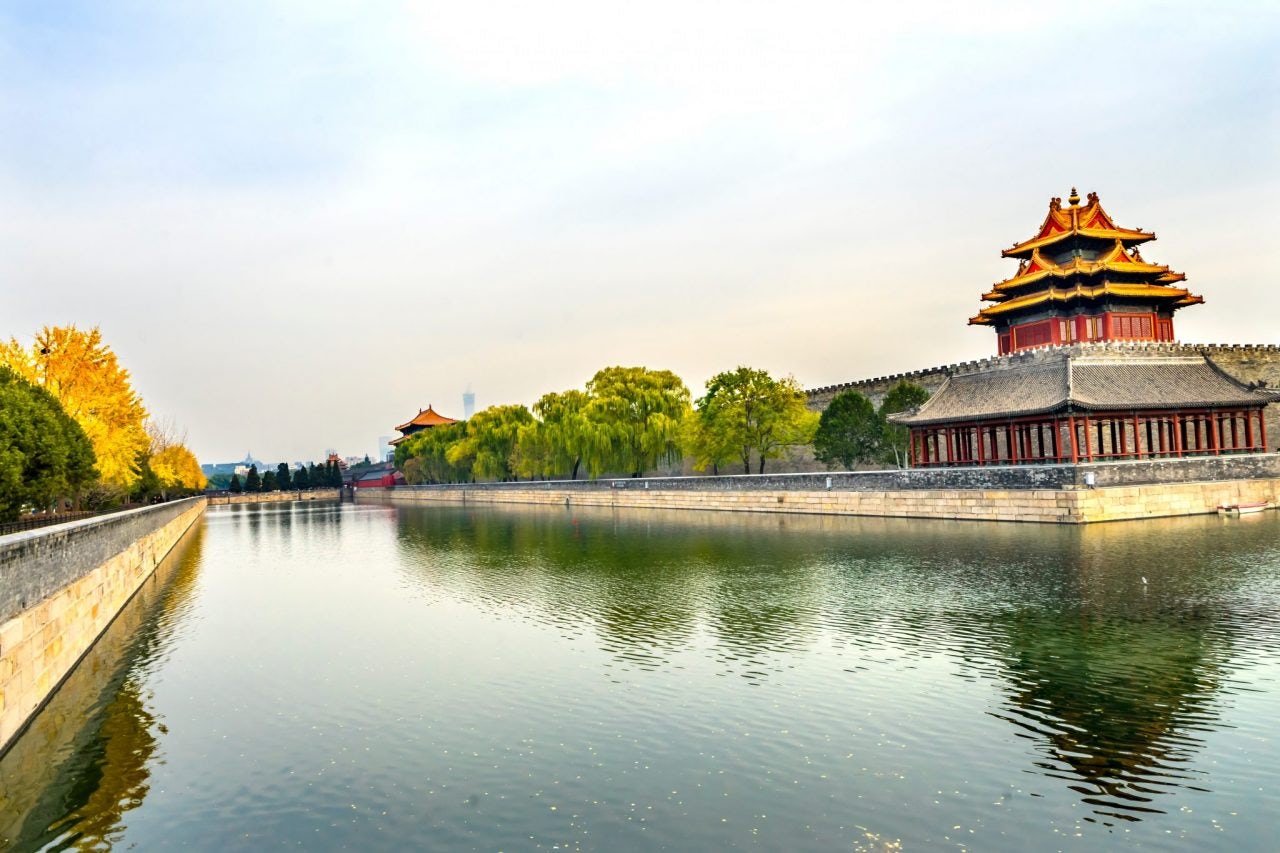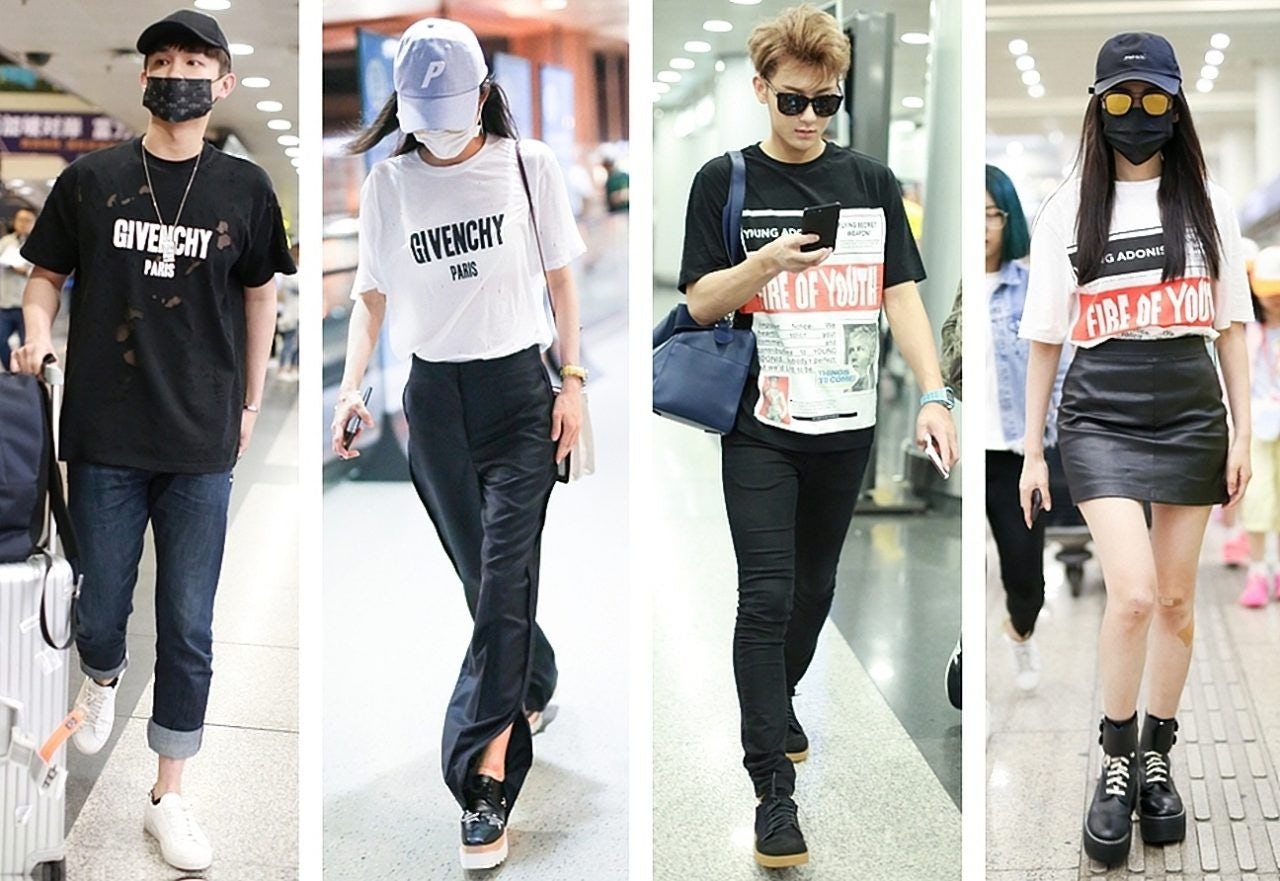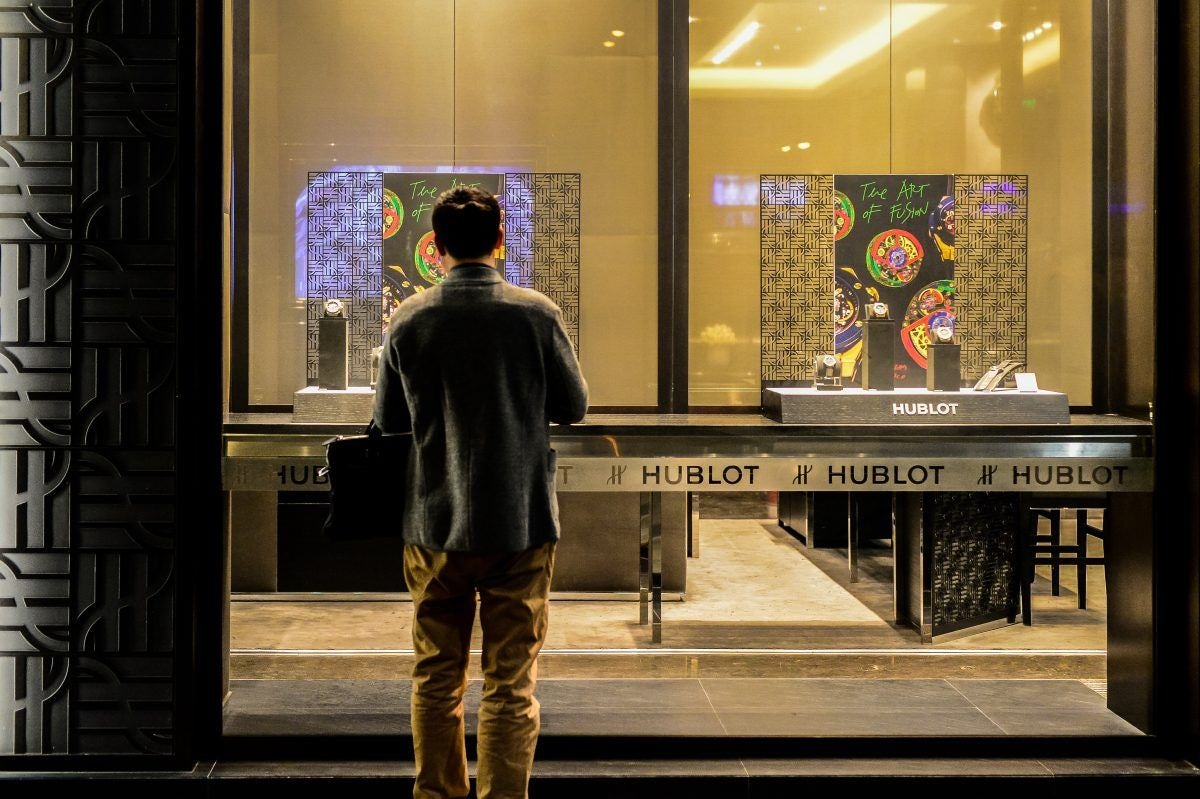It’s no secret that the 21st century is changing luxury. Gone are the days where lavishness was the privilege of a select few. With higher productivity, demand, and competition, luxury is now accessible to more people all over the world. But accessibility forces luxury to address some existential problems: how can the industry remain a status symbol if more people can afford it, and how sustainable is it?
China hasn’t always had the best reputation for sustainability, but this is set to change.
Less Gucci more Yoga#
Many countries have new elites. The knowledge and creative economies have led to the rise of what sociologist Elizabeth Currid-Halkett calls the “aspirational class”. Having found success through information, innovation and creativity, these highly educated elites value health, culture, experiences, personal development and ethics above all else. Breaking with traditional behavior, aspirational consumers often avoid showing wealth and have less material ways of signalling their social status.
Currid-Halkett argues that this is a partial reaction to accessible luxury. Since luxury goods are cheaper and more available, these ‘aspirationals’ see no point in material ostentation given that it no longer sets them apart from the rest of society. World travel, fair trade clothing, organic vegetables, and Bikram yoga are better ways to show status than a Gucci handbag. For a class that uses knowledge and ethics as status symbols, luxury can be problematic. Aspirationals often find the industry to be vain, unethical and even vulgar.
Is there any way these elites could stay interested in luxury products? Can the industry change its reputation?
While known for their traditionalism, French brands are making a move. Some are now beginning to use ethics as a way to instil quality, meaning, and exclusiveness to their products.
Green is the new Gold#
LVMH’s LIFE program plans on drastically reducing CO2 emissions and energy consumption, as well as tracing 70 percent of LVMH’s supply chains by 2020. All of the group’s companies participate in the program and are free to be even more ambitious should they choose to.
LVMH is also creating new ethical brands. Incubated by Guerlain, Cha Ling l’Esprit du Thé could be a model company for the new ethical consumer. Its exclusive cosmetics and fragrances are made from Pu’er, a famous Chinese tea that comes from the Xishuangbanna rainforest. Despite the area’s biodiversity, it has come under threat due to deforestation and unsustainable practices. Not only are Cha Ling’s products made from 85-99 percent sustainable ingredients, but a significant part of its revenues are used to reforest Xishuangbanna, restore lost species, and to pay the company’s workers a stable living wage while respecting traditional forms of production.
The results speak for themselves. Since Cha Ling’s founding in 2016 over 100,000 trees have been replanted thanks to its proceeds. Local producers have also gained financial stability thanks to better wages, all while offering high-quality products that are produced within the forest’s ecological limits.
Cha Ling could be a company that attracts aspirational class clients. Its ethical stance regarding wages, the environment, and local knowledge fits well with green and fair trade values. Products are also high quality and focused on wellness, a market that’s very important to these new elites.
Could Made in China Be a New Guarantee for Ethical Luxury?#
Cha Ling could also be good news for Chinese consumers. Indeed, many are now willing to pay more for ethical products.
Wealthy millennials are also spending differently. Even if ostentation is alive and well, other segments of China’s young elites have a different relationship to social status.
Much like the aspirational class in other parts of the world, these highly educated individuals are interested in traveling, culture, ethics and expressing their uniqueness. Showing off is not the main reason they’d buy a luxury product, preferring instead to purchase personalized brands with values.
This new luxury consumer is largely behind the rise of domestic brands. ICICLE, Tiffany Pattinson and Fake Natoo are players in China’s ethical luxury industry and are popular among wealthy millennials. Their exclusive designs and positive socio-environmental impact allow for highly sought-after products.
ICICLE is one of the older brands. Founded in 1997, its aim is to create a uniquely Chinese style by using natural materials, dying and tanning techniques. With over 200 stores and three factories in China, this brand is also focused on the wellbeing of its employees, and managed to open a design center in Paris in 2012.
Tiffany Pattinson has also caught the attention of socially conscious consumers. The Hong Kong designer is adamant about using up-cycling production and zero waste techniques. Her brand also combines green production methods with socio-cultural preservation, hiring Chinese ethnic minorities so they can use their craftsmanship to support their communities.
Last but not least, Fake Natoo is a made-to-order brand that makes luxury garments from discarded clothes and textile donations. Its founder, Na Zhang, claims that 10 percent of company profits return to the women’s cooperatives producing their garments. The brand has quickly become famous, and is one of the more recent developments in China’s ethical luxury scene.
ICICLE, Tiffany Pattinson and Fake Natoo have been successful due to their ability to marry quality, ethics, and personalization, a combination that many luxury brands currently lack.
Five-Star Ethics#
It can be argued that mass production goes against much of what luxury stands for. Exclusiveness and quality are hard to maintain if the industry produces many identical products. Overproduction also puts pressure on workers and ecosystems, threatening labor rights and the environment.
Luxury, through ethical production, could make a more positive impact. Producing smaller collections with higher labor and environmental standards can make it easier to focus on quality, all while improving the industry’s impact on the world. Higher prices could ensure profitability and guarantee the kind of exclusivity the aspirational class is looking for.
Aspirationals tend to show their status through how much “they care”. Good causes and generous wallets go hand-in-hand, so a luxury industry that supports better jobs and biodiversity could fit naturally with these new elites. If brands like Cha Ling, Icicle, Tiffany Pattinson, and Fake Natoo balance ethics and profitability, this might be the beginning of a paradigm-shift that could redefine status for the 21st century.
Mario Fernandez Hernandez is an International Consultant at Lemensearch, a Parisian executive search agency with over 25 years of experience in luxury, fashion, design and retail.



